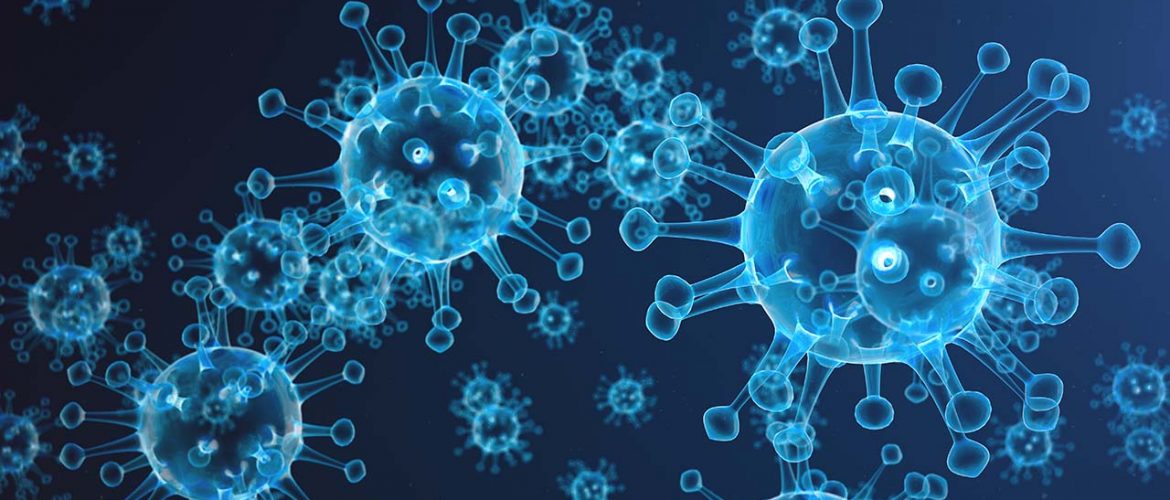20 Reasons to Take Vitamin C for Immune System Support

The power of Vitamin C immune system supplements are often attributed to the nutrient’s role as an antioxidant. That undersells its value; no other antioxidant can perform the many additional physiological and biological roles that Vitamin C fills. By learning about these 20 critical functions, you’ll understand why so many people take Vitamin C immune system support supplements.
-
Vitamin C supports the production of interferons. Interferons are produced when the presence of pathogens is detected. They facilitate the ability of cells to launch protective cellular defenses.
-
Vitamin C enhances the function of phagocytes. Phagocytes are a type of white blood cell that envelop pathogens and other dangerous particles. Once the invaders are captured in this manner, they are enzymatically digested.
-
Vitamin C supports the cell-mediated immune system response. There are 2 major ways the body can respond to a pathogen: antibody-mediated immunity and cell-mediated immunity. Cell-mediated response refers to the activation of macrophages, natural killer cells, and antigen-specific T-lymphocytes that attack anything perceived as a foreign agent.
-
Vitamin C neutralizes oxidative stress by acting as an antioxidant. Oxidative stress has been associated with numerous health threats, which is why so many people take Vitamin C for immune system support when dealing with lifestyle factors that cause oxidative stress.
-
Vitamin C supports a healthy immune response achieved with vaccination.
-
Vitamin C enhances cytokine production by white blood cells. Cytokines are communication proteins released by certain white blood cells that transmit information to other cells, promoting the immune response.
-
Vitamin C inhibits various forms of T-lymphocyte death. T-lymphocytes are a type of white blood cell. They are an integral part of the cell-mediated immune defense system. Vitamin C helps to keep these important cells alive and viable.
-
Vitamin C enhances nitric oxide production by phagocytes. Phagocytes, as discussed in #2, are white blood cells that engulf invading microorganisms. Nitric oxide is produced in large amounts in these cells, and it is one of the agents that will kill captured pathogens.
-
Vitamin C enhances T-lymphocyte production. As mentioned in #7, these cells are essential to cell-mediated immune responses, and Vitamin C helps them to multiply in number.
-
Vitamin C enhances B-lymphocyte production. These white blood cells make antibodies as part of the antibody-mediated immune response. Antibodies are formed in reaction to the initial introduction of an invading pathogen or antigen.
-
Vitamin C inhibits neuraminidase production. Some pathogenic viruses and bacteria create neuraminidase, an enzyme that keeps them from being trapped in mucus, one of the body’s natural lines of defense. Inhibiting neuraminidase helps the body optimize this defensive mechanism.
-
Vitamin C supports antibody production and activity. Good antibody function is important to a healthy immune system.
-
Vitamin C supports natural killer cell activity. Natural killer cells are lymphocytes that can directly attack cells, like tumor cells, and kill them.
-
Vitamin C supports localized generation and interaction with hydrogen peroxide. Vitamin C and hydrogen peroxide can kill microorganisms and can dissolve the protective capsules of some bacteria.
-
Vitamin C enhances cyclic GMP levels in lymphocytes. Cyclic GMP plays a central role in the regulation of many physiologic responses, including the modulation of immune responses. Cyclic GMP is important for normal cell proliferation and differentiation. It also controls the action of many hormones, and it appears to mediate the relaxation of smooth muscle.
-
Vitamin C detoxifies histamine. This effect is important in the support of local immune factors.
-
Vitamin C enhances the mucolytic effect. This property helps liquefy thick secretions, increasing the effectiveness of a healthy immune response.
-
Vitamin C makes bacterial membranes more permeable to some antibiotics.
-
Vitamin C enhances prostaglandin formation. Prostaglandins are hormone-like compounds that control many physiologic processes, including regulating T-lymphocyte function.
-
Vitamin C concentrates in white blood cells. Some of the primary cells in the immune system concentrate Vitamin C as much as 80 times higher than the level in plasma.
You can view all of our Vitamin C Products here.
Article provided by LivOn Labs - https://blog.livonlabs.com/wellness/vitamin-c-immune-system-support/

